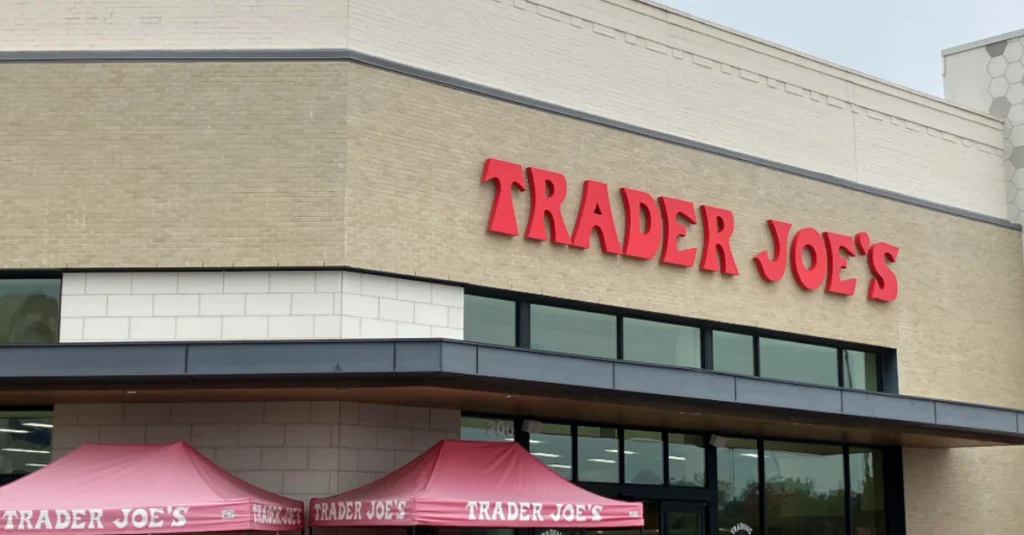In California, attorneys for the supermarket chain Trader Joe’s have filed a trademark lawsuit case against the decentralized exchange (DEX) Trader Joe.

Trader Joe’s sued Trader Joe and its co-founder, Cheng Chieh Liu, on 5 October in the U.S. District Court for the Central District of California for federal trademark infringement and dilution.
According to the lawsuit, Trader Joe and Liu used many of the supermarket’s concepts, from “donning a red cap” to its narrative for one of the platform’s fictitious characters.
“Defendants committed fraud to obscure that origin story and to prevail in international legal proceedings with Trader Joe’s over the domain name, knowing that the truth would destroy their case and any plausible claim of right to use the traderexyz.com domain,” the lawsuit states.
“Trader Joe’s sent Defendants cease-and-desist letters demanding that they stop using the ‘Trader Joe’ name,” the lawsuit stated. “Long after Trader Joe’s demanded that they stop, Defendants continued to profit from Trader Joe’s name, goodwill, and brand recognition — built up by Trader Joe’s investment over more than half a century — to sell their goods and services,” the complaint states.
According to the store’s attorneys, Trader Joe used “confusingly similar” names on the exchange’s website, YouTube page, Reddit, Github, LinkedIn, Substack, CoinMarketCap, Telegram, and Discord.
According to the lawsuit, within the content of some of these accounts, Trader Joe’s use of the possessive form of its name, i.e. “Trader Joe’s,” matched the supermarket chain’s registered “exact word mark.”
Michael Keyes, a trademark and copyright attorney, said that most courts consider seven or eight distinct factors when determining whether or not an infringement has occurred.
“The relatedness of the goods is only one factor […] Another factor is the similarity of the marks.” Trader Joe’s and Trader Joe’s are both available. In terms of how they sound, they are essentially identical.”
Keyes added that he believed Trader Joe’s had a stronger case because the company had a well-known brand in the United States, which could result in an injunction requiring Trader Joe to cease using its name.
According to the attorney, the contamination claim in the case could also be cause for concern, as it typically focuses on protecting well-known brands.
“I think both claims are pretty strong. I think dilution is probably stronger […] for dilution you don’t have to show that the goods are related. The caveat being, in order to have a claim for dilution, you need to show that your trademark is truly famous, which means widespread recognition among U.S. consumers.”
Disputes involving trademark infringement between crypto firms and companies functioning in an entirely different industry arise occasionally. Major U.S. fast food chain Jack in the Box sued crypto exchange FTX US in 2021 over alleged similarities between its ‘Moon Man’ character and the firm’s ‘Jack’ mascot. FTX US is currently in the midst of bankruptcy proceedings.
The first Trader Joe’s store debuted in California in 1967, and the company now has more than 500 locations in the United States.
On the other hand, Trader Joe is one of the leading decentralized exchanges in the crypto space, allowing liquidity providers to contribute liquidity in designated “price bins” to increase capital efficiency.
At the time of publication, Trader Joe had not responded to a request for comment from Cointelegraph.
